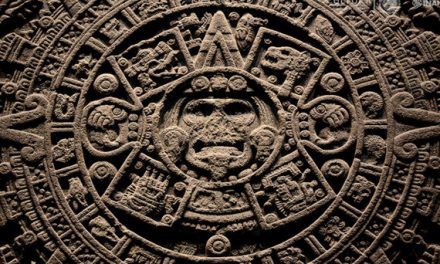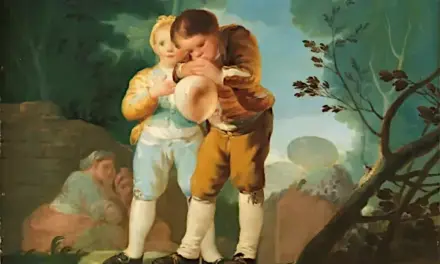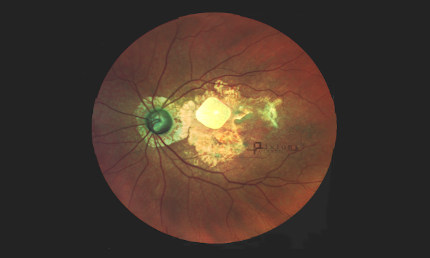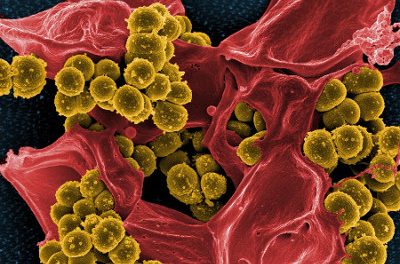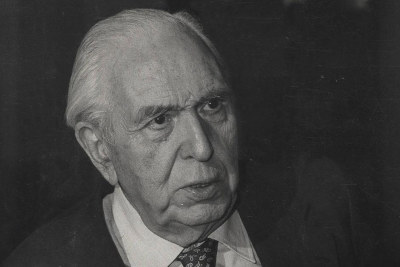 The Royal European Academy of Doctors-Barcelona 1914 (RAED) continues with its series in which it recalls the most remarkable academicians of its centennial history with another of its illustrious figures: the doctor, historian and thinker Pedro Laín Entralgo (1908-2001). Great figures of science and thought of international scope that left their mark on the institution and that the current Governing Board wants to thank, recognize and claim, in the conviction that who has no memory, has no future. The selection of these selected academicians is the result of the research carried out for the publication of the “Book of the Centennial” of the Royal Academy, published three years ago.
The Royal European Academy of Doctors-Barcelona 1914 (RAED) continues with its series in which it recalls the most remarkable academicians of its centennial history with another of its illustrious figures: the doctor, historian and thinker Pedro Laín Entralgo (1908-2001). Great figures of science and thought of international scope that left their mark on the institution and that the current Governing Board wants to thank, recognize and claim, in the conviction that who has no memory, has no future. The selection of these selected academicians is the result of the research carried out for the publication of the “Book of the Centennial” of the Royal Academy, published three years ago.
Laín Entralgo was recognized as academician of the Royal Academy in 1953, and the Annals of the institution collected his academic work between 1945 and 1962. It highlights the inaugural speech of the academic year 1953-1954, “La medicina en la historia del hombre” (Medicine in the history of man) and “La espera y la esperanza en el pensamiento cristiano” (The wait and hope in Christian thought), two studies of a marked humanistic character that the academician read in Barcelona when he was already rector of the Complutense University of Madrid and that precede two of the first reference works of his extensive bibliography: “Historia de la Medicina (Medicina moderna y contemporánea)” (History of Medicine (Modern and Contemporary Medicine)), published in 1954, and “La espera y la esperanza. Historia y teoría del esperar humano” (The wait and hope. History and theory of human wait), published by the “Revista de Occidente” in 1957.
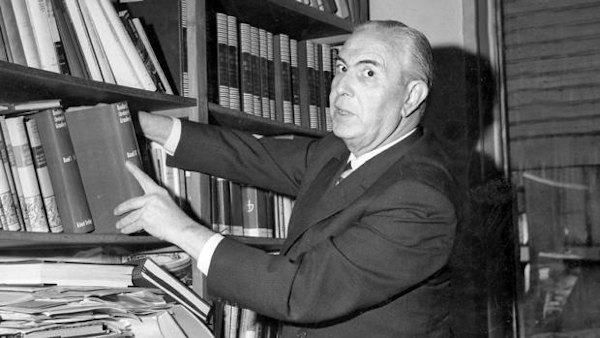 Born in Urrea de Gaén (Teruel) in 1908, Laín Entralgo studied at the University of Valencia, graduated in Chemistry and received his doctorate in Medicine. Determined to pursue a teaching and research career he obtained the chair of History of Medicine at the Complutense University of Madrid, where he was elected rector in 1951. He held the position until 1956. He was also elected academician of the Spanish Royal National Academy of Medicine (1946), the Royal Academy of Spanish Language (1954) and the Spanish Royal Academy of History (1964). In 1989 he received the Prince of Asturias Award in Communication and Humanities and, in 1991, the Menéndez Pelayo International Award, recognizing his vast professional and research career.
Born in Urrea de Gaén (Teruel) in 1908, Laín Entralgo studied at the University of Valencia, graduated in Chemistry and received his doctorate in Medicine. Determined to pursue a teaching and research career he obtained the chair of History of Medicine at the Complutense University of Madrid, where he was elected rector in 1951. He held the position until 1956. He was also elected academician of the Spanish Royal National Academy of Medicine (1946), the Royal Academy of Spanish Language (1954) and the Spanish Royal Academy of History (1964). In 1989 he received the Prince of Asturias Award in Communication and Humanities and, in 1991, the Menéndez Pelayo International Award, recognizing his vast professional and research career.
Deep knowledge of broad fields of knowledge he wrote from theater critic in the “Gaceta Ilustrada” to works of thought that marked an era as his remembered “España como problema” (Spain as a problem), where he takes up the debate on Spain initiated by the generation of 98. In the field of medicine highlights his work on medicine in classical Greece, his history and theory of clinical history and his work on Santiago Ramón y Cajal. In addition, he coordinated a monumental “Historia Universal de la Medicina” (Universal History of Medicine) (1972-1975) in which not only all the Spanish specialists participated, but also renowned foreign medicine historians. He also wrote reference works on philosophical anthropology and religion.

